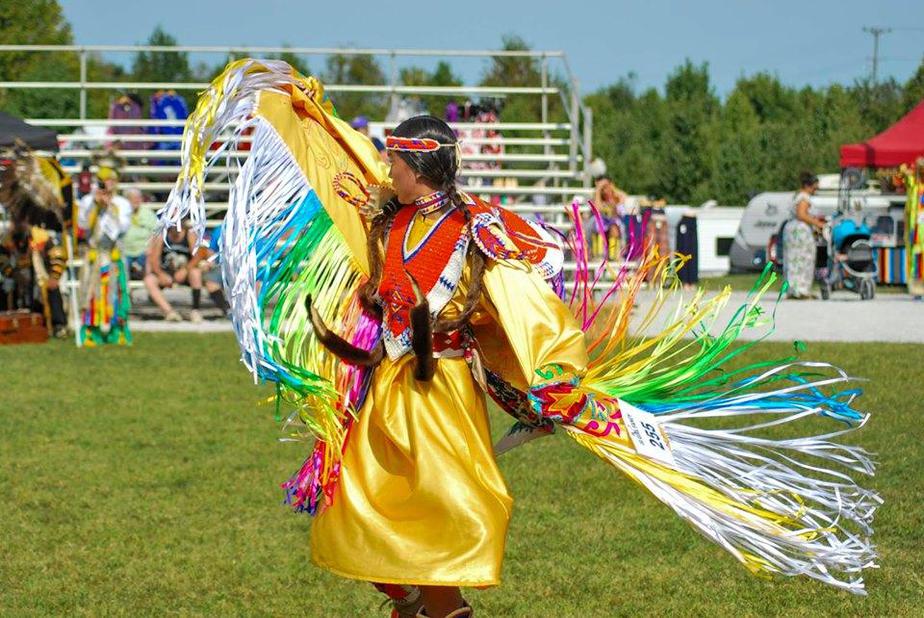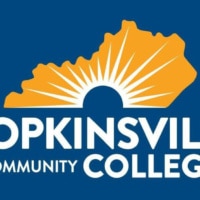Magnificent clothes whirled at a campsite in Hopkinsville last weekend as Native Americans represented their respective tribes through dance while parading into a circular arena during the Grand Entry.

(Photo by Tomas Lopez.)
Although the dances varied by tribe, they collectively stepped to the pounding of the drums.
The campsite sits along the Trail of Tears, the path of a forced march of Native Americans from the Southeast to the West in 1838-39. The passage running through Christian County is part of the Trail of Tears’ Northern Route, which took Native Americans north through Nashville, into Hopkinsville, and then west to Illinois, Missouri, and Oklahoma. For 32 years, this site has hosted an annual pow-wow.
One of the drummers for the Trail of Tears Intertribal Pow-Wow was Caysi Big Pond. Big Pond is half Choctaw and Cree. He traveled to the pow-wow from Mississippi. He said multi-national celebrations like Hopkinsville’s pow-wow draw members from many states and tribes to share their origin stories.
Big Pond said each tribe has their own legend and creation stories, but most stories are used to offer life lessons to children.
“It’s important because that’s how we pass down knowledge. Some stories are life lesson stories. Some stories are part of a family tree or a family heirloom,” Big Pond said.
Down the trail away from the dancing, a man with a gray braid motioned for the crowd to pull in closer as he began to tell a life lesson story.
The story was about the four directions and different animals found along the way. He drew a square pointing to North, South, East, and West. He pointed to the square and told the crowd we share this world and need to focus on togetherness.
Bernard Liddell Little Hawk Laughing helped start the Hopkinsville pow-wow with his grandmother 32 years ago. Hawk’s originally from upstate New York on the Saint Regis Mohawk reservation.
He is a middle-aged man with hair cut into a mohawk. He wore vibrant Native clothing paired with his U.S. Marine Veteran’s cap. At this year’s pow-wow he carried his family’s eagle staff in honor of a family member who recently passed.
Hawk said the easiest way for him to describe what a pow-wow is would be to call it a church meeting, a county fair, and a multi-national gathering. He said although there are a variety of tribes at the event with their own individual beliefs, it’s a place of peace.
He participated this year in the men’s traditional category. The dance he performed was one historically done by warriors returning home from battle to cleanse themselves of the guilt from taking life. Hawk described it as two steps to the right and two steps to the left in time with the drum.
Some of the songs that were performed are called “audibles.” Hawk said the great loss of native language has left many words with no meaning.
He said when the Europeans first came over to the United States, there were more than 5,000 languages spoken in present day U.S. and Canada, but now there are less than 500 native languages to North America.
Hawk said he believes pow-wows keep Native traditions alive. Hopkinsville’s pow-wow is a venue where emotions are felt, and excitement is contagious. Cultural was not only being preserved but performed, and those that share Native blood looked proud as they collected together to honor traditions at a place where ancestors once felt great persecution.
(This story first ran on WKMS.)



